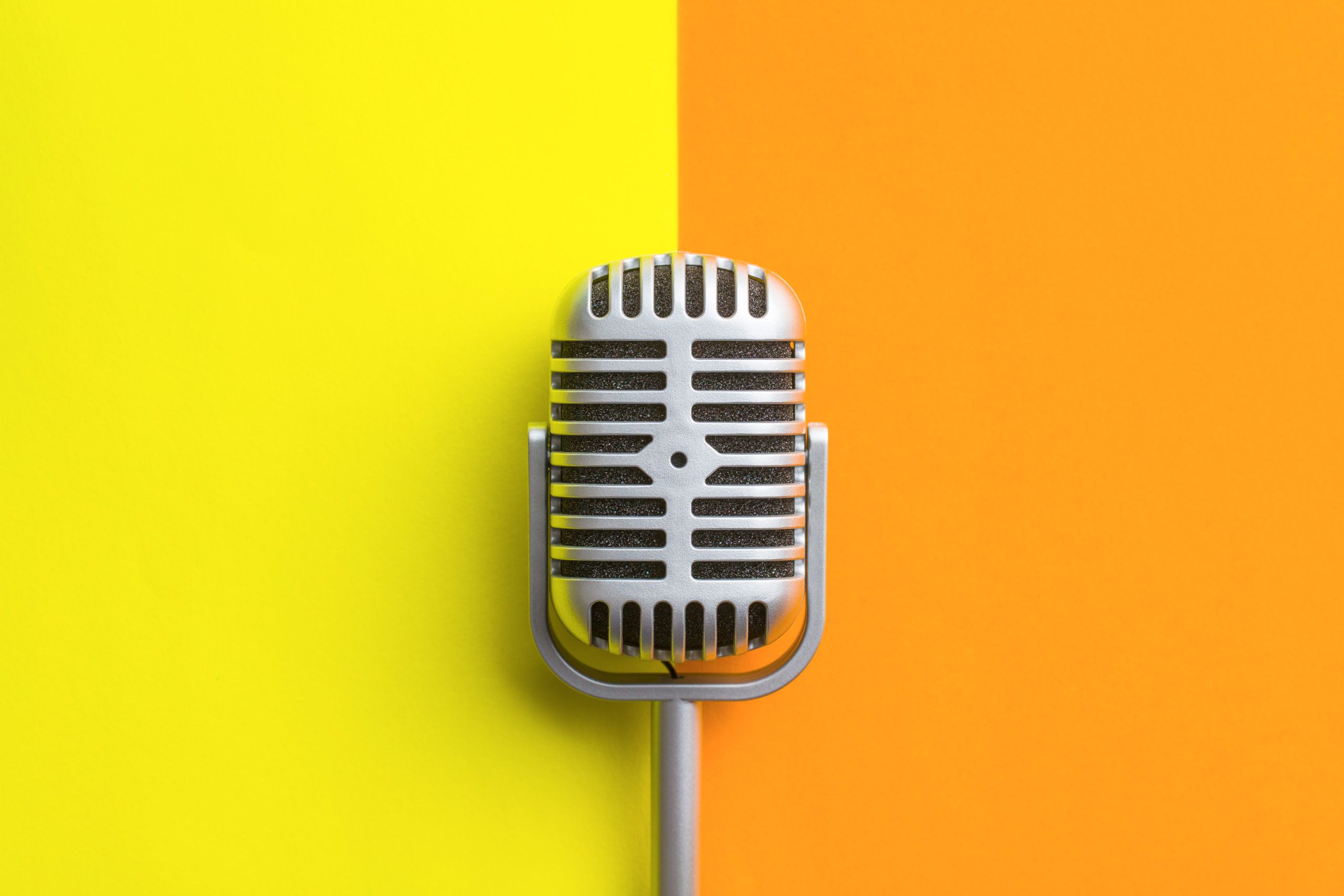
The Art of Audio Production
If you’ve ever attended an audio recording session in person you know that it can be an amazing experience. Sound is often a more powerful sense than sight. A recording engineer can put scripted words together with a rough read, and the perfect score, to craft a masterpiece. And well-placed sound effects work with your mind to create hyper-realism. In the end, a skillfully produced radio commercial, podcast or soundtrack can lead its audience on a journey across the world, through time or deep into their own imagination.
When you consider all the elements that make up a professional video production—arguably—sound is often the most important. As video pros, this makes quality audio production something we take very seriously at SPI Productions.
From a video production studio to locations …
Often audio production happens at a recording studio, with professional voice talent and sensitive microphones in a soundproof booth and a recording engineer behind a large computer screen. In these cases, gorgeous audio is expected. But sometimes (most times for Facebook, Twitter and other social media in fact) sound is gathered on-site during a shoot, under challenging conditions and time constraints. In these situations, the skill of the production crew can mean the difference between a professional end product or an amateurish result that will waste money and undermine your credibility!
Audio professionals dedicate time before a location shoot to ensure a top-quality production. This usually entails:
- Scout it out—Visit the location ahead of time. What are the acoustics? How much ambient noise is present? (Even things like air conditioning and or distant traffic can be picked up and cause problems.)
- Anticipate everything—A microphone on a boom vs. a clip-on lavalier mic? Where will the actors be in relation to the mic? Block out the production to determine, in advance, what equipment will work best.
- Invest in pros—This should go without saying, but just in case it doesn’t … when it comes to sound, you get what you pay for. You pay a professional to write, produce and direct a video, why would you want to take a chance on diminishing the overall integrity of your project due to poor sound quality?
- Be prepared!—Come with a plan of what equipment to use and other things to keep in mind (i.e., when to close a vent, unplug a fridge or put down a rug to prevent noisy footsteps) for each shot based on the storyboard. Shoots are expensive, be like the Scouts and Be Prepared!
Music to your ears
When it comes to using music in your production, you can commission an original score or use existing music that you’ve legally obtained the right to use. No matter how much you want to do it, you can’t use music without proper permission. That means—unless your budget is huuuuge or there are extenuating circumstances (some recognizable older music is in the public domain)—you probably can’t use popular music. It’s stealing and no reputable agency or studio will help you do it.
The good news is that sound professionals usually subscribe to libraries (see Music Vine or Musicbed for examples) of licensed music available for very reasonable fees. As an example, music for a regional radio spots can often cost less than $100. And licensed music libraries usually have options that sound very close and evoke the same feelings as the popular music you are tempted to use.
Finally, if you have a large enough budget, hiring a composer to score your project is a significant way to enhance the overall quality and add a unique touch to your production.
From voiceovers to sound effects to the music you choose, when it comes to videos … what your audience hears is as important as what they see.
